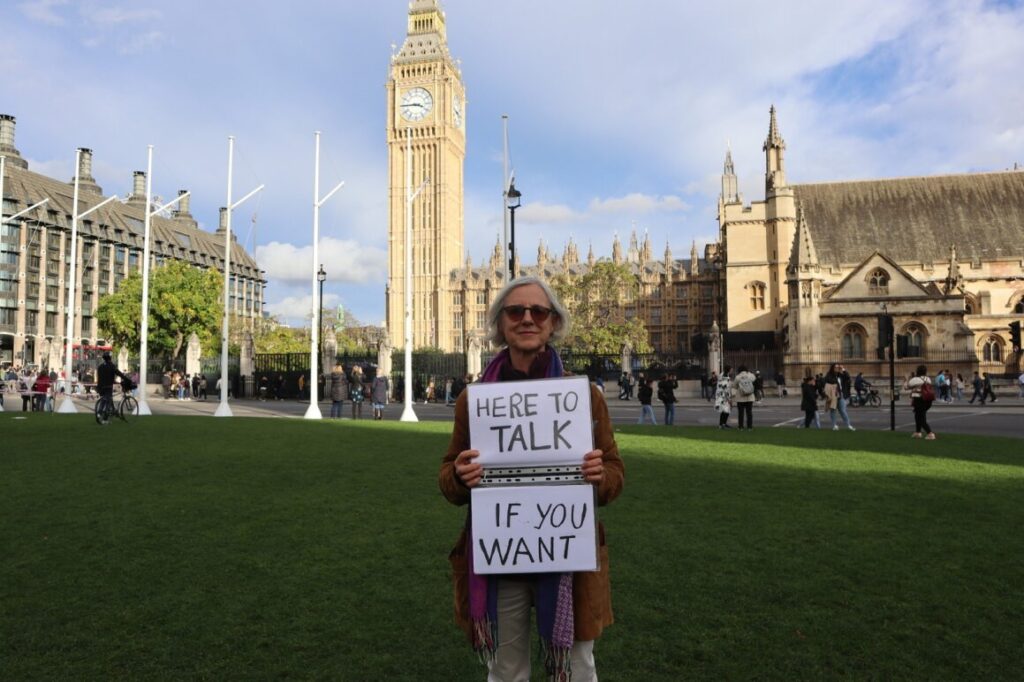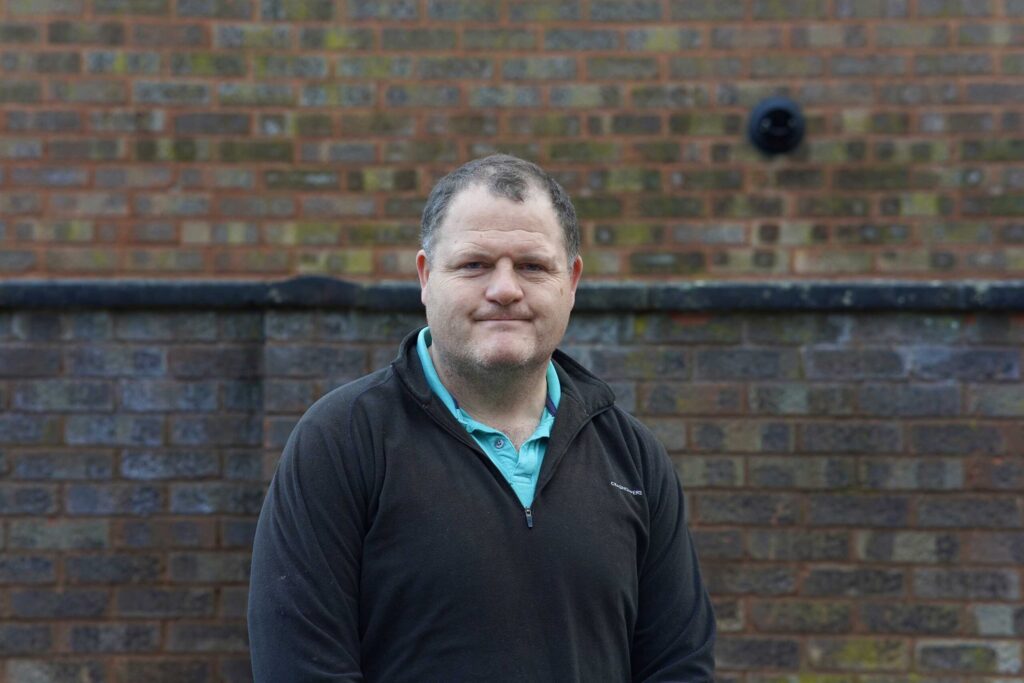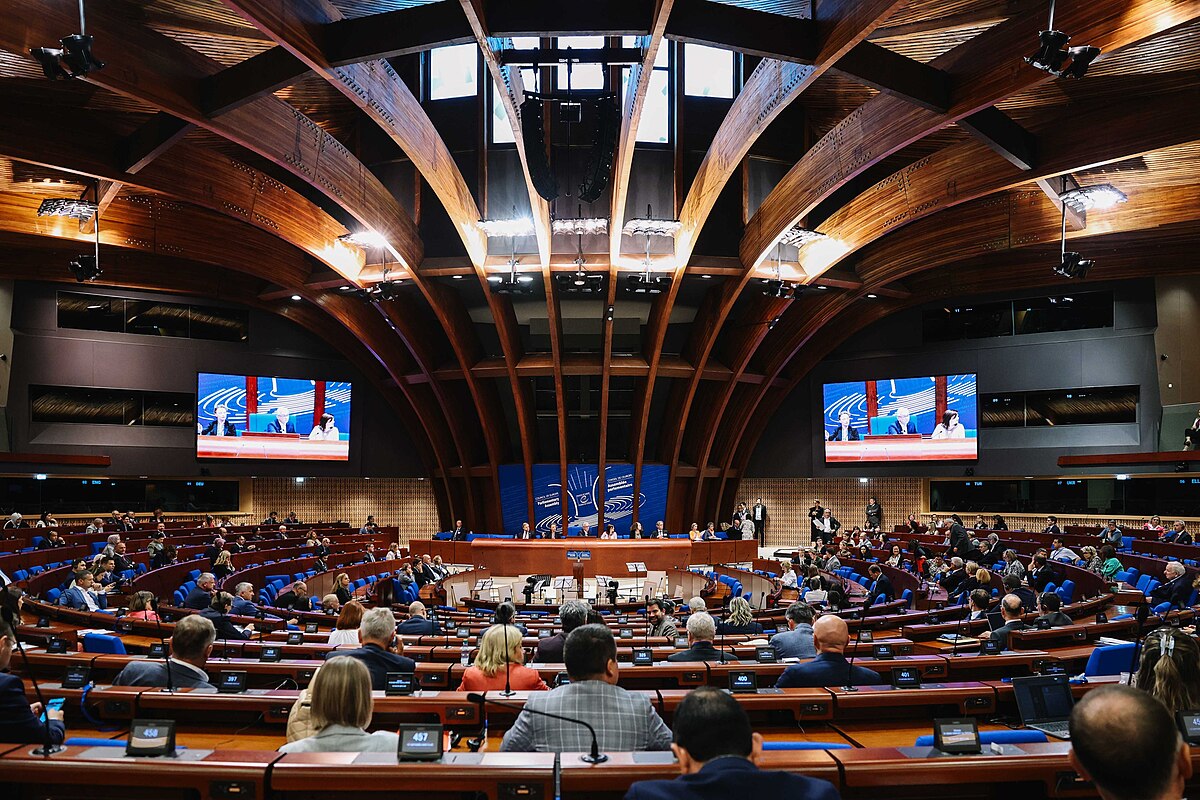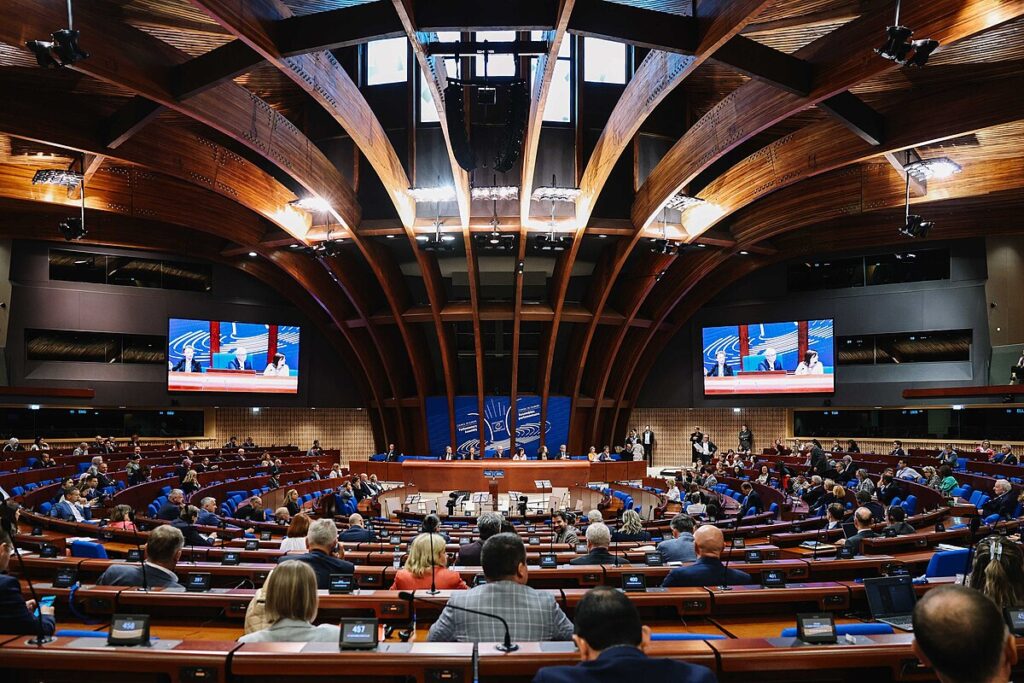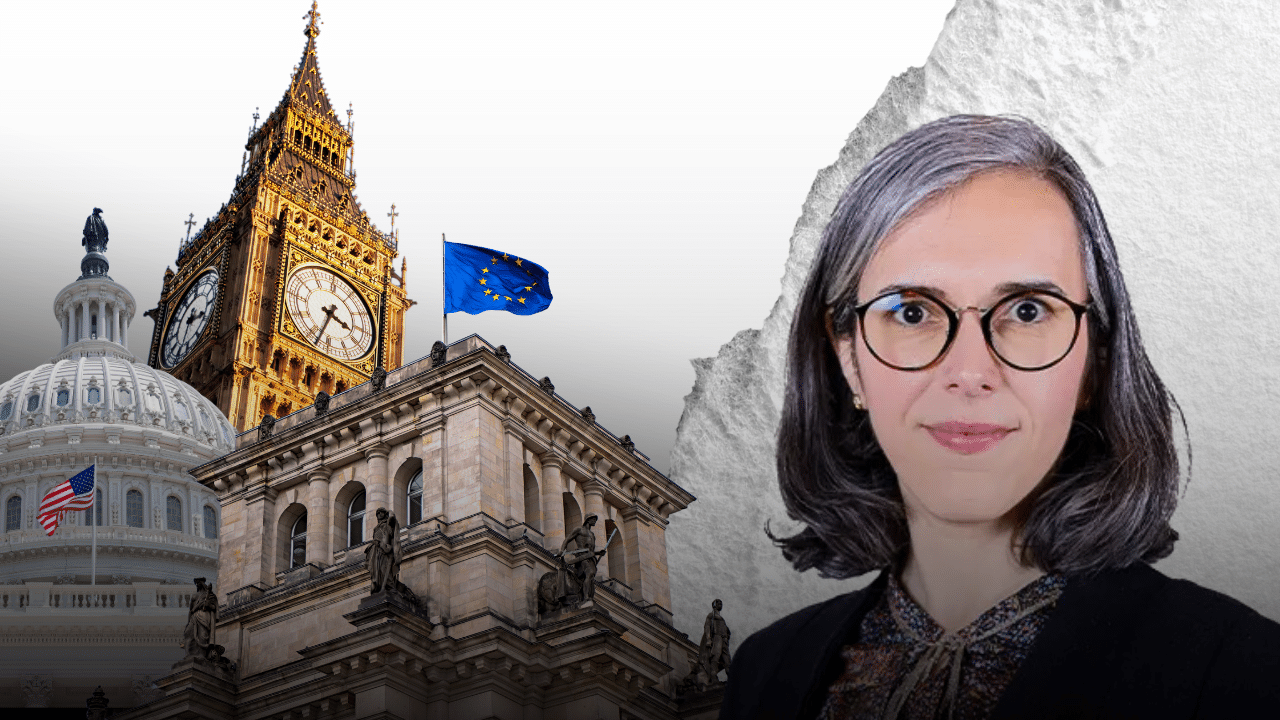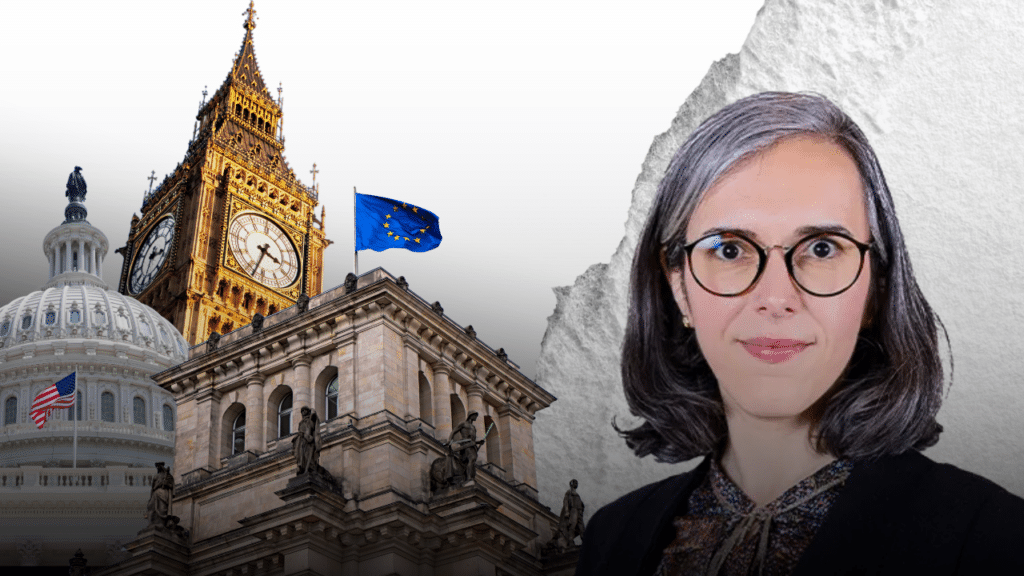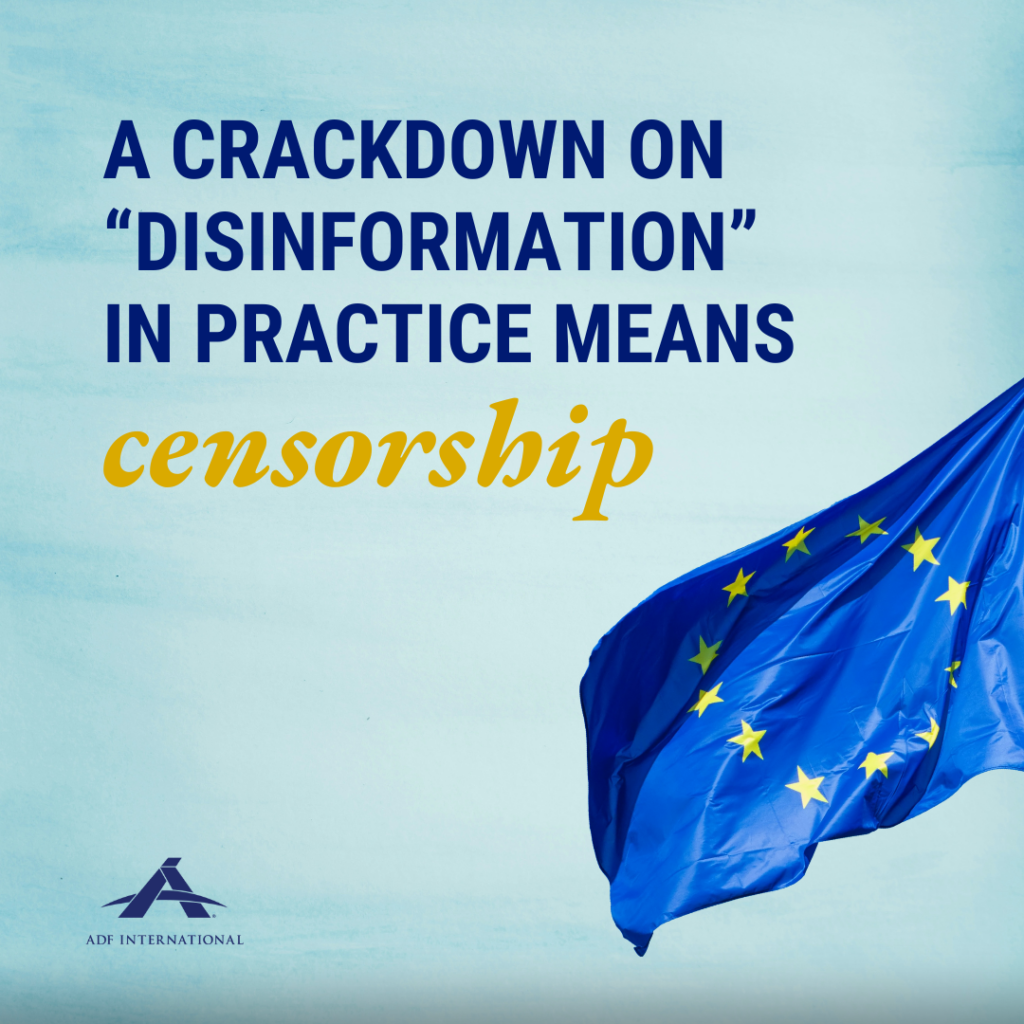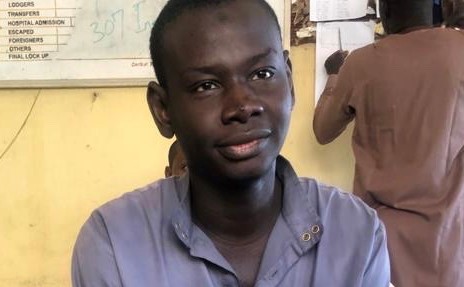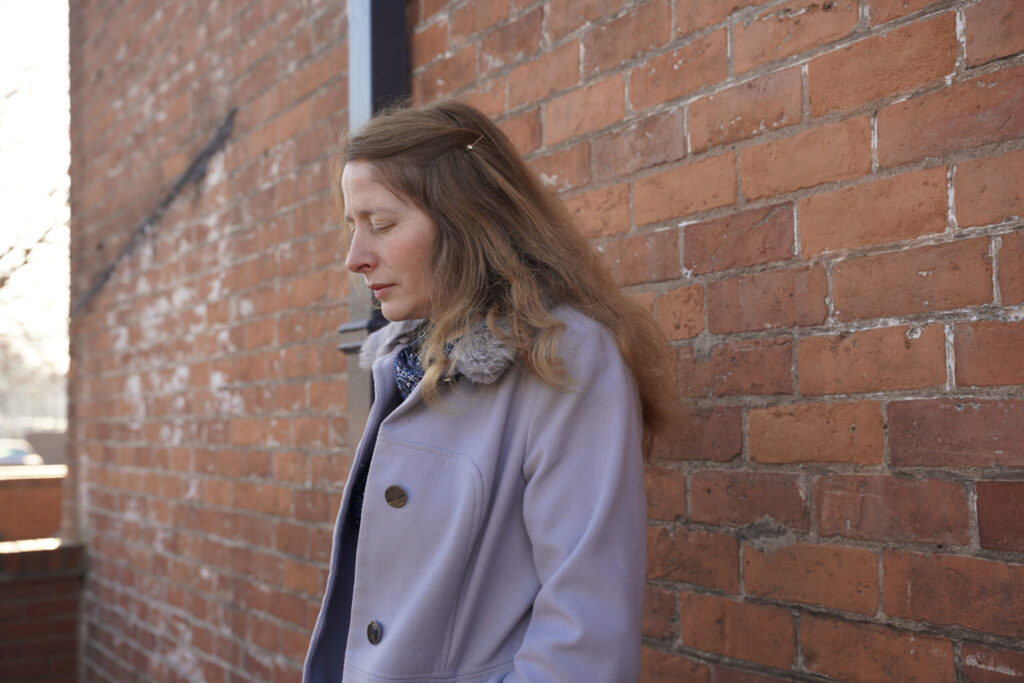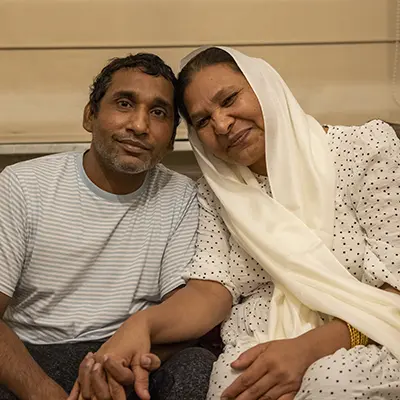As Australia prepares for a national puberty blocker review, a court battle ensues regarding censorship of voices opposed to gender ideology
“X” post highlighting unsuitability of transgender activist serving on WHO “panel of experts” currently geo-blocked in Australia
Musk’s “X” and Canadian internet star “Billboard Chris” to bring case against Australian “e-Safety Commissioner” over censored post, March 31st
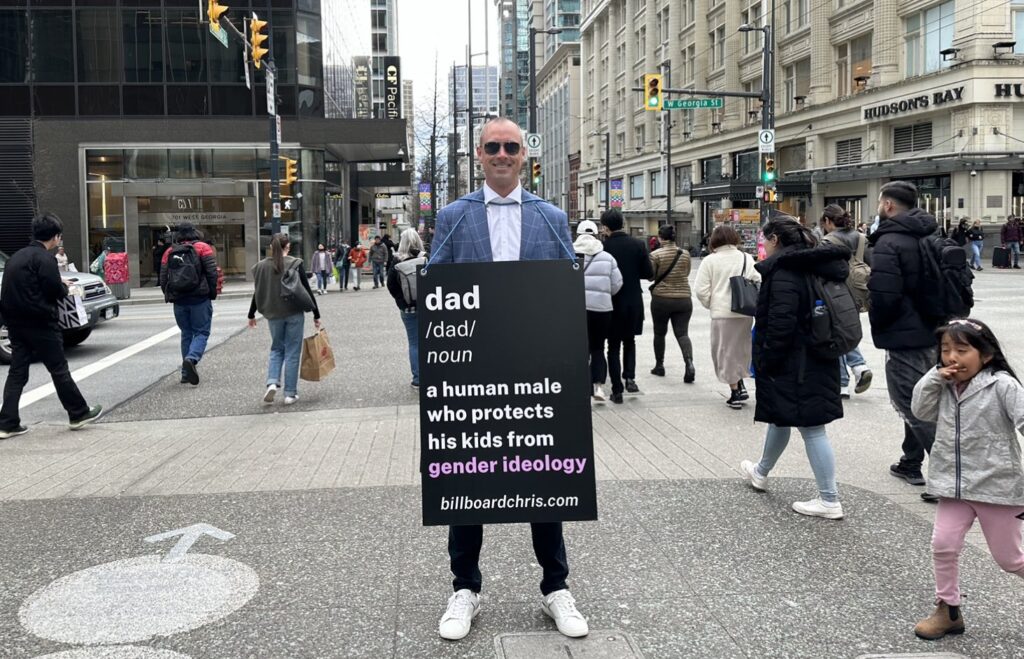
MELBOURNE (13 February 2025) – As Australia faces a significant review into the use of so-called “gender-affirming care” on children, including through the administration of toxic “puberty blockers”, the government is preparing to face court for censoring critics of gender ideology and its harm on children.
Chris Elston, known as Billboard Chris, a Canadian father of two, took to “X” (formerly Twitter) on 28th February 2024 to share a Daily Mail article titled “Kinky secrets of a UN trans expert REVEALED”.
"This is a serious issue with real world implications, and we need to be able to discuss it."."
- Chris Elston (a.k.a. "Billboard Chris")
The article, and accompanying tweet, criticised the suitability of Australian transgender activist Teddy Cook to be appointed to a World Health Organization “panel of experts” set to advise on global transgender policy.
Cook complained about the post to Australia’s eSafety Commissioner, who requested that “X” remove the content. The social media platform owned by free speech advocate Elon Musk initially refused, but following a subsequent formal removal order from the Commission, later geo-blocked the content in Australia. X has since also filed an appeal against the order at the Administrative Appeals Tribunal in Melbourne.
Billboard Chris, with the support of ADF International and the Australian Human Rights Law Alliance, and alongside Elon Musk’s “X”, is appealing the violation of his right to peacefully share his convictions.
The case will be heard in Melbourne on the week beginning March 31st.
Members of the public are invited to join in supporting Chris’s legal case here: https://adfinternational.org/campaign/support-billboard-chris
Chris Elston, a.k.a “Billboard Chris”, commented:
“No child has ever been born in the wrong body. As a father, I have grave concerns about the impact of harmful gender ideology on our children’s wellbeing. This reality is being increasingly recognised around the world, with government after government ordering a review into the use of toxic puberty blockers. This is a serious issue with real world implications for families across the globe and we need to be able to discuss it.
“Children struggling with distress regarding their sex deserve better than ‘guidelines’ written by activists who only want to push them in one direction,” said Billboard Chris, engaging in a legal battle for free speech with support from ADF International.
Ahead of the court date, Robert Clarke, Director of Advocacy for ADF International, who is serving as part of Billboard Chris’s legal team, said:
“This significant legal showdown with Australian authorities represents a litmus test for free speech in a world seeing increasing push back against global censorship.
“We’re used to hearing about governments silencing or punishing citizens for their ‘wrong’ speech in parts of the world with strict blasphemy laws – but now, from Australia, to Mexico, to across the EU, we see Western governments increasingly take authoritarian steps to shut down views they don’t like, often by branding them as “offensive”, “hateful”, or “misinformation.”
“In a free society, ideas should be challenged with ideas, not state censorship. For years, Chris has been speaking an important truth to which many in Australia are now waking up – children cannot consent to puberty blockers.
We’re proud to stand with Billboard Chris in defending the right to live and speak the truth.”
You are currently viewing a placeholder content from YouTube. To access the actual content, click the button below. Please note that doing so will share data with third-party providers.
More InformationImages for free use in print or online in relation to this story only
Pictured: Chris Elston (“Billboard Chris”); Elston with the ADF International team supporting his legal defence; Robert Clarke, Director of Advocacy for ADF International



